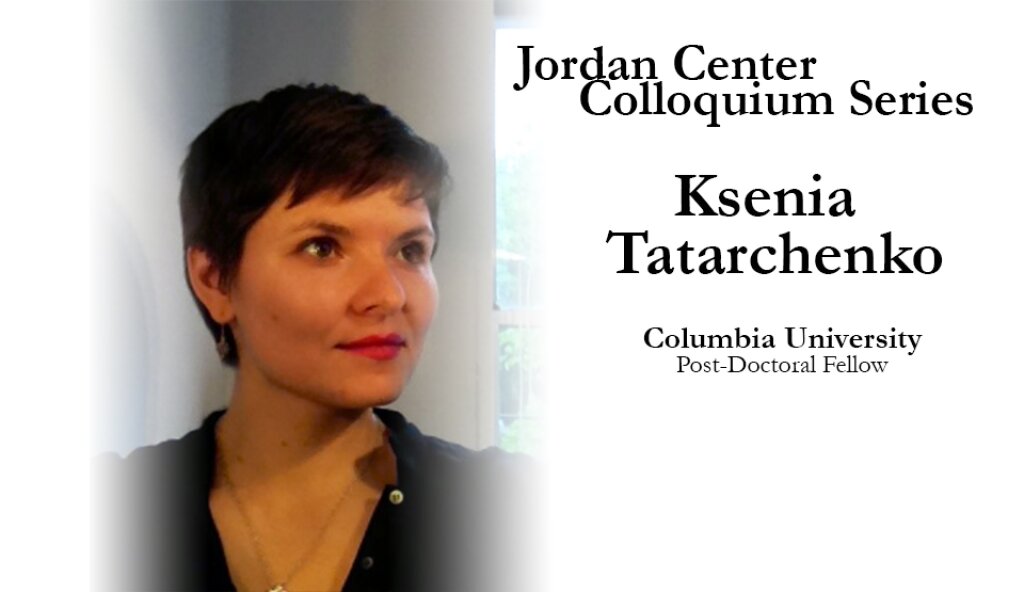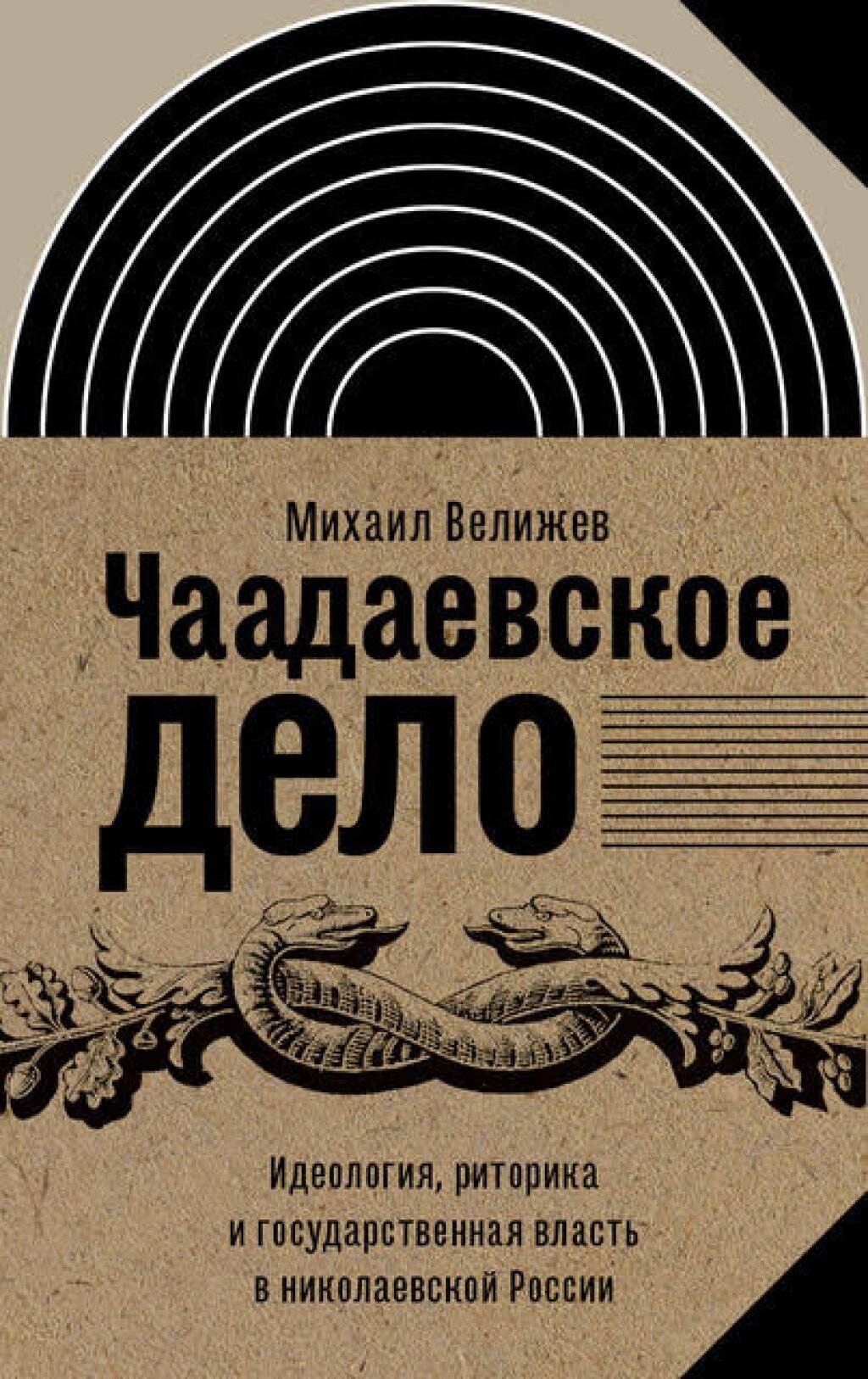The Jordan Center's Colloquium Series serves to introduce the most recent work of scholars within the Slavic field. Participants come from universities across the country and abroad and work in disciplines ranging from history, political science and anthropology to literature and film. In the fourth session of the Fall 2013 Colloquium Series, Ksenia Tatarchenko will speak on the history of computer science in Soviet education, media and culture.
Soviet computer scientist and programmer Andrei Ershov believed that, by “exercising to control the computer, the human develops his capacity to control himself.” Thus, the Soviet version of the “information society” was predicated not on the availability of personal computers – the black boxes with opaque interfaces manipulated by an elite group of experts – but on every individual's capacity to communicate with the machine. I study Ershov's conception of programming behind the 1985 curriculum reform to argue that the debates surrounding the schoolinformatics illuminate notions of individual “personhood” and the role of Soviet education and media in articulating and inculcating a shared “socio-techical imagination.” By placing the EVM (Elektronnaia Vychislitel'naia Mashina) alongside with the “I” and the “We”, we gain a remarkably forward-looking perspective on a society that was about to cease its political existence.
Ksenia Tatarchenko is the post-doctoral fellow at the Harriman Institute, Columbia University, working on the CORE project “Empires and Information.” After defending her dissertation, entitled "A House with the Window to the West: The Akademgorodok Computer Center, 1958-1993," she is developing her interests in the history of computing and late Socialism into a book project exploring a possibility for an alternative history of the “Information Age,” one integrating Soviet experiences and expertise in computing and cybernetics. She has published on the history of the International Federation for Information Processing and Soviet-French cooperation in computing. Her dissertation project was awarded the Charles Babbage Institute 2012-2013 Erwin & Adelle Tomash Fellowship.



